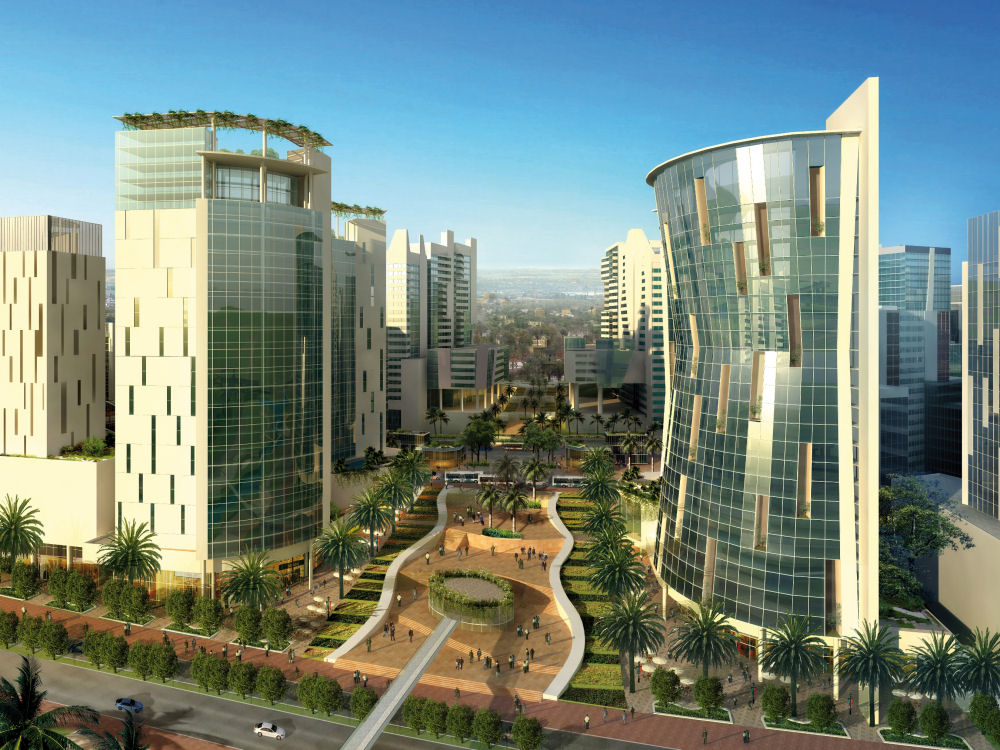Kigali time is more than just a concept; it embodies the vibrant culture, rich history, and dynamic lifestyle of Rwanda's capital city. As one of Africa’s fastest-growing cities, Kigali has become a hub for business, tourism, and culture. In this article, we will explore everything there is to know about Kigali, focusing on its unique time zone, cultural significance, and what makes it a must-visit destination for travelers worldwide.
From its picturesque hills to its bustling markets, Kigali offers a plethora of experiences that can captivate any visitor. Understanding Kigali time is essential for anyone looking to explore this beautiful city and its surroundings. With a GMT+2 time zone, Kigali operates smoothly in sync with various international timelines, making it easier for travelers to plan their visits. In the following sections, we will dive deeper into Kigali's time zone, its cultural significance, and practical tips for visitors.
Whether you're a history enthusiast, a nature lover, or a foodie, Kigali has something for everyone. The city is a blend of traditional and modern influences, showcasing Rwanda's resilience and growth. Join us as we uncover the layers of Kigali and discover why it is a prime destination in East Africa.
Table of Contents
- What is Kigali Time?
- Cultural Significance of Kigali Time
- Exploring Kigali
- Transportation in Kigali
- Accommodation Options in Kigali
- Top Tourist Attractions in Kigali
- The Food Scene in Kigali
- Safety and Health Tips for Visitors
What is Kigali Time?
Kigali operates on Central Africa Time (CAT), which is UTC+2. This means that Kigali is two hours ahead of Coordinated Universal Time (UTC). Unlike some regions that observe Daylight Saving Time, Kigali maintains a consistent time throughout the year. Understanding Kigali time is crucial for scheduling meetings, tours, and activities, particularly for international visitors.
Understanding Time Differences
For travelers coming from different parts of the world, it is essential to know how Kigali time compares to your local time. Here are a few time conversions:
- New York (EST): Kigali is 7 hours ahead
- London (GMT): Kigali is 2 hours ahead
- Tokyo (JST): Kigali is 6 hours behind
Cultural Significance of Kigali Time
Time in Kigali is not just about clocks; it reflects the city’s culture and community values. The phrase "Kigali time" often refers to the relaxed pace of life in Kigali, where people prioritize relationships over strict schedules. This cultural aspect is deeply rooted in Rwandan traditions and is evident in how locals engage in daily activities.
Community and Relationships
In Kigali, social interactions are vital. People often take time to greet one another, share stories, and connect on a personal level. This cultural practice has led to a unique understanding of time—where being present and engaged is valued over punctuality.
Exploring Kigali
Exploring Kigali is an adventure in itself. With its rolling hills, scenic views, and welcoming atmosphere, the city has much to offer. Here are some key areas to explore:
Kigali City Center
The city center is bustling with activity, featuring local markets, shops, and restaurants. It’s the perfect place to experience Kigali's vibrant atmosphere and interact with locals.
Historical Sites
History enthusiasts will appreciate Kigali's historical sites, including the Kigali Genocide Memorial, which serves as a poignant reminder of Rwanda's past and a testament to its resilience.
Transportation in Kigali
Getting around Kigali is relatively easy, thanks to its well-organized transportation system. Here are some options:
- Public Buses: Kigali's public bus system is affordable and covers most areas of the city.
- Motorcycle Taxis: Known as "motos," these are a popular and quick way to navigate through traffic.
- Car Rentals: For those who prefer independence, car rentals are available, but it’s advisable to familiarize yourself with local driving rules.
Accommodation Options in Kigali
Kigali offers a range of accommodation options, catering to different budgets and preferences. From luxury hotels to budget-friendly hostels, visitors can find suitable places to stay. Some popular options include:
- Luxury Hotels: Serena Hotel, Radisson Blu, and Kigali Convention Centre.
- Mid-Range Hotels: Hotel des Mille Collines and The Manor Hotel.
- Budget Hostels: Yambi Guesthouse and Via Via Kigali.
Top Tourist Attractions in Kigali
Kigali is home to several attractions that highlight its culture and natural beauty. Some must-visit spots include:
Kigali Genocide Memorial
This memorial is a somber yet essential visit, offering insight into the tragic history of Rwanda. It educates visitors about the genocide and honors the victims.
Inema Art Center
A vibrant hub for local artists, the Inema Art Center showcases contemporary Rwandan art and offers workshops for those interested in learning.
The Food Scene in Kigali
The culinary landscape in Kigali is diverse and flavorful. Visitors can enjoy a variety of local and international cuisines. Here are some popular dishes to try:
- Ugali: A staple dish made from maize flour, often served with meat or vegetables.
- Samosas: A popular snack filled with meat or vegetables.
- Brochettes: Skewered and grilled meat, a favorite among locals.
Safety and Health Tips for Visitors
While Kigali is one of the safest cities in Africa, it’s essential to take some precautions. Here are a few tips:
- Stay aware of your surroundings, especially in crowded places.
- Use reputable transportation services.
- Ensure you have travel insurance that covers health and safety needs.
Conclusion
In summary, understanding Kigali time is crucial for anyone looking to explore the heart of Rwanda's capital. From its cultural significance to practical information for visitors, Kigali offers a unique blend of history, community, and modernity. We encourage you to experience Kigali for yourself, share your thoughts in the comments, and explore more articles about this incredible city.
Call to Action
If you found this article helpful, please consider sharing it with friends or on social media. Your feedback is important to us, and we would love to hear your thoughts about Kigali!
Thank you for reading, and we hope to see you back on our site for more insightful articles!




